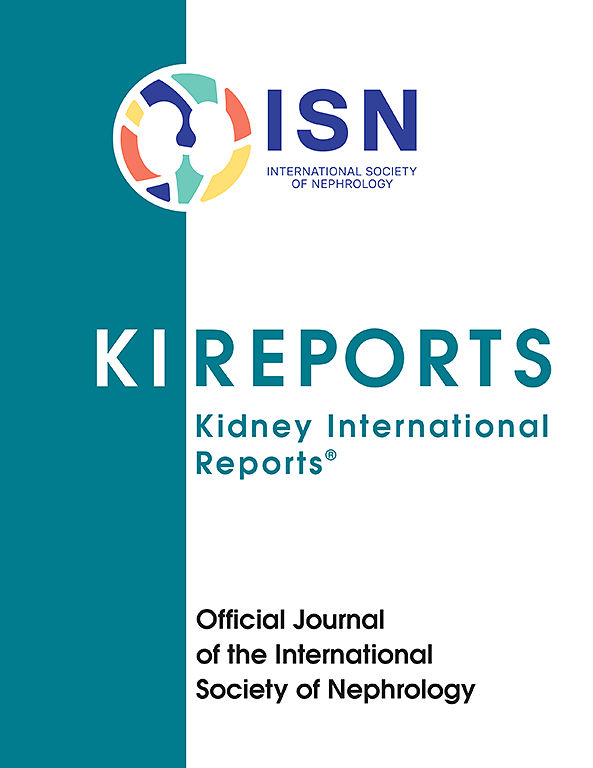Conservative Kidney Management in the Middle East and North Africa: Attitudes, Practices, and Implementation Barriers
IF 5.7
2区 医学
Q1 UROLOGY & NEPHROLOGY
引用次数: 0
Abstract
Introduction
Conservative kidney management (CKM) is poorly developed and not easily accessible globally, especially in middle- and low-income countries. This study aimed to understand the perspectives of nephrologists on CKM and the barriers to its implementation in the Middle East and North Africa (MENA) region.
Methods
We conducted an online survey. Nephrologists were contacted through their local nephrology societies. Responses were divided into the following 3 groups as per the country’s income classification by the World Bank: high-, middle-, and low-income.
Results
A total of 336 surveys were analyzed (response rate: 34.28%). The mean age of participants was 43.3 ± 9.8 years; 50% were male, 91% practiced in urban settings, and 18% were affiliated with academic centers. Of the participants, 76% were from middle-income countries. Nearly 80% of the participants were aware of CKM, and 65% accepted CKM as a treatment modality for kidney failure. However, only 20% consistently offered CKM to their patients and only 16% had a formal CKM program at their institution. Among these, 12% had a multidisciplinary team and only 6% had formal CKM training. The major perceived barriers to CKM implementation were financial and resource constraints (37.7% and 32.7%, respectively). Cultural and religious barriers constituted 18.3% and 8.6%, respectively, and were similar among the 3 income groups.
Conclusion
Despite the significant awareness of CKM in the MENA region, its implementation remains poor. Key barriers include financial limitations, resource shortages, and a lack of training. Regional and national research is required to address these challenges and guide policies to improve CKM accessibility and implementation.

求助全文
约1分钟内获得全文
求助全文
来源期刊

Kidney International Reports
Medicine-Nephrology
CiteScore
7.70
自引率
3.30%
发文量
1578
审稿时长
8 weeks
期刊介绍:
Kidney International Reports, an official journal of the International Society of Nephrology, is a peer-reviewed, open access journal devoted to the publication of leading research and developments related to kidney disease. With the primary aim of contributing to improved care of patients with kidney disease, the journal will publish original clinical and select translational articles and educational content related to the pathogenesis, evaluation and management of acute and chronic kidney disease, end stage renal disease (including transplantation), acid-base, fluid and electrolyte disturbances and hypertension. Of particular interest are submissions related to clinical trials, epidemiology, systematic reviews (including meta-analyses) and outcomes research. The journal will also provide a platform for wider dissemination of national and regional guidelines as well as consensus meeting reports.
 求助内容:
求助内容: 应助结果提醒方式:
应助结果提醒方式:


